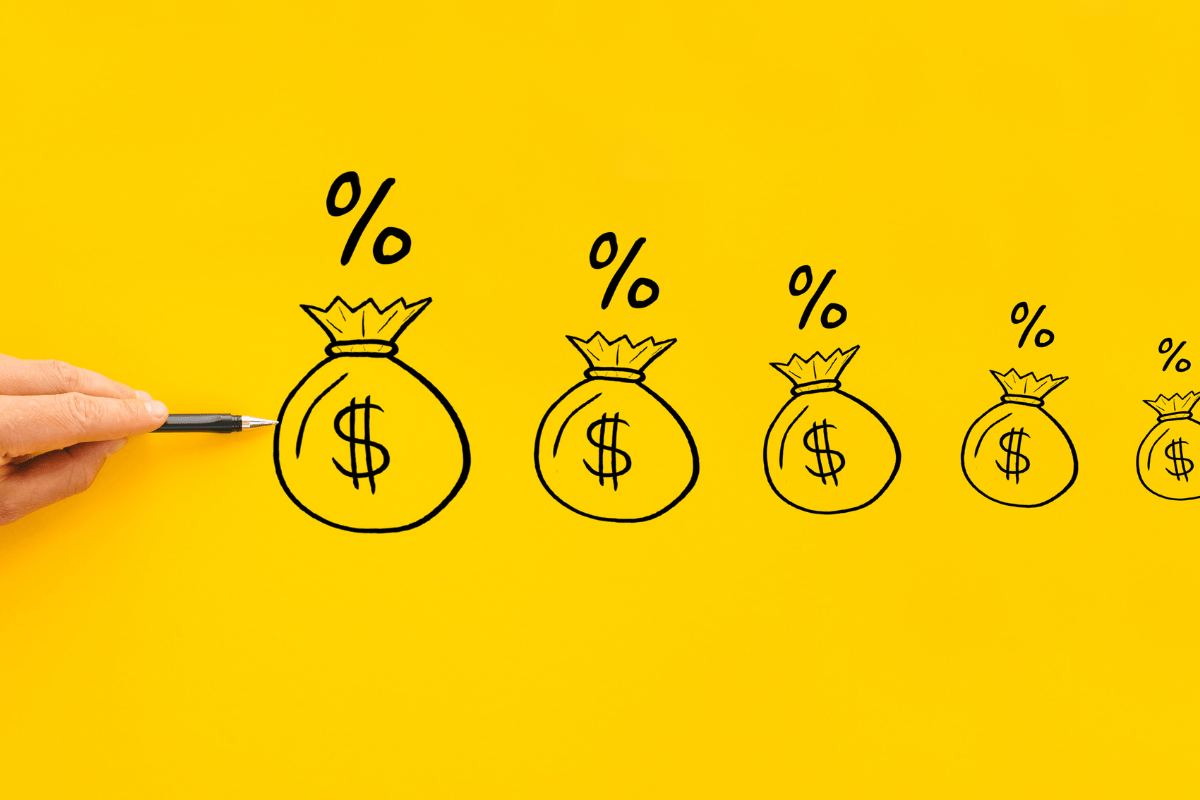
Mortgage Rates Are at 8% – Is Right Now a Good Time to Buy a Home
In recent times, prospective homebuyers have been closely monitoring the fluctuating mortgage rates. With rates hitting an 8% high, many are wondering whether this is a good time to buy a home. In this article, we’ll dive into the complexity of the current mortgage rate scenario and help you make an informed decision on whether to leap into homeownership.
Understanding the Mortgage Rates Landscape

What Are Mortgage Rates?
Mortgage rates, often referred to as the interest rates on home loans, are a crucial factor in the home-buying process. They determine the cost of borrowing money to purchase a home. When rates are low, it’s generally more affordable to buy a house, and when they’re high, it can make homeownership more expensive.
The Impact of 8% Mortgage Rates
Mortgage rates at 8% are relatively high by recent standards. This rate can have a significant impact on your monthly mortgage payments and, ultimately, your budget for buying a home. Let’s take a closer look at what this means for prospective homebuyers.
Pros and Cons of Buying a Home with 8% Mortgage Rates
Pros
Locking in a Rate: When you secure a mortgage at an 8% rate, you are effectively locking in your interest rate for the life of the loan. This means your monthly payments will remain stable and predictable, regardless of future rate increases.
Interest Deductions: Homeowners can often deduct mortgage interest from their taxes. With higher interest rates, this deduction can be more substantial, potentially providing tax benefits.
Cons
Higher Monthly Payments: An 8% mortgage rate results in higher monthly payments compared to rates in the lower percentage range. This might limit your purchasing power or force you to consider more affordable homes.
Total Interest Paid: Over the life of the loan, you’ll pay significantly more in interest at an 8% rate compared to lower rates. This can be a considerable long-term cost.
Pros
Refinancing: In the next year or two years, interest rates will be lower, and people will have the ability to refinance.
That said, competition for homes on the market is likely to be worse in a few years as interest rates cool. Many buyers remain on the sidelines because of current high rates. When interest rates come down, everyone’s going to come back to the marketplace,
Factors to Consider

Personal Financial Situation
When deciding whether to buy a home at an 8% mortgage rate, your financial situation plays a vital role. Consider factors such as your income, credit score, and existing debt. Assessing whether your financial health can support the higher monthly payments is essential.
Homeownership Goals
Your homeownership goals are another crucial factor. If you plan to stay in the property for an extended period, the long-term stability of an 8% rate might be less concerning. However, if you anticipate selling in the near future, the higher rate may impact your resale value.
Tips for Navigating 8% Mortgage Rates
Shop Around: Different lenders offer various mortgage rates and terms. It’s advisable to shop around and compare offers to find the most favorable terms.
Improve Your Credit: A higher credit score can help you secure a lower interest rate, reducing the impact of an 8% rate.
Consider Adjustable-Rate Mortgages (ARMs): ARMs typically offer lower initial rates, making them a viable option if you don’t plan to stay in your home for an extended period.
Budget Wisely: With higher monthly payments, budgeting becomes essential. Ensure you have a financial cushion to cover your housing expenses comfortably.
The question of whether it’s a good time to buy a home with mortgage rates at 8% depends on various factors, including your financial situation, homeownership goals, and risk tolerance. While high mortgage rates can present challenges, they are not necessarily deal-breakers. By carefully assessing your circumstances and considering the pros and cons, you can make an informed decision about homeownership.
Remember, the housing market is dynamic, and rates can fluctuate. It’s essential to stay updated and consult with financial experts to make the right decision for your unique situation.